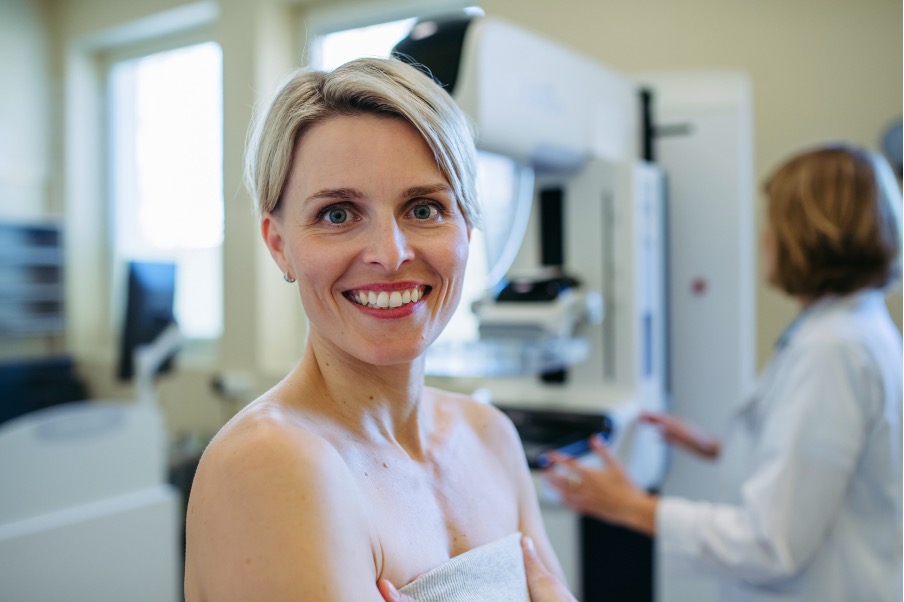Menopause and Public Health: Why It Concerns Everyone


Menopause is a Public Health Issue
For decades, menopause was considered a private matter, confined to the individual sphere. Today, scientific research and socio-economic data tell us the opposite: menopause is a public health issue with concrete impacts on work, healthcare, gender equity, and the productivity of entire nations.
How Many Women Does Menopause Affect? The Numbers Behind a Global Phenomenon
It is estimated that by 2030, over 1.1 billion women worldwide will be experiencing menopause (Source: European Menopause and Andropause Society, 2022). In Italy, women between the ages of 45 and 65 represent about one-quarter of the female population (ISTAT, Fondazione Onda).
The average age of onset is 51, a time when many women are fully active in their professional, family, and social lives.
Therefore, menopause is not a marginal event but a transition that accompanies a phase of high economic and relational responsibility. To ignore it is to neglect a decisive factor in our collective well-being.
More Than Just Hot Flashes: The Real Impact on Health and Healthcare Costs
According to EMAS (Menopause, Wellbeing and Health, 2022), the reduction in estrogen affects numerous biological systems: the heart and cardiovascular system, bone density and the resulting risk of osteoporosis, metabolism, cognitive functions, and mood.
A late or incorrect diagnosis of symptoms can lead to an increase in unnecessary medical visits, greater absenteeism from work, and the development of chronic comorbidities.
Yet, in Europe, only one in four women receives a correct diagnosis or adequate treatment. The lack of specific training among healthcare professionals and the scarcity of dedicated care pathways create a vicious cycle: higher costs, less prevention, and a poorer quality of life.
The Cost of Invisibility: How Much Does Menopause Cost the Economy?
The report The Menopause Penalty (Institute for Fiscal Studies, 2024) estimated that menopause can lead to an average 20% reduction in income for women experiencing moderate to severe symptoms, with an increase in absences and greater reliance on welfare benefits. Globally, Bloomberg Economics has estimated $150 billion in annual productivity losses due to unmanaged symptoms.
Behind these numbers lies an even more worrying fact: the lack of inclusive healthcare and corporate policies contributes to gender inequality in the workplace.
And in Italy? Navigating Cultural Taboos and a Lack of Information
According to the research Italian Women and Menopause (Fondazione Onda, 2014) and the 2021 Censis survey, over 70% of Italian women consider menopause a physiological event, yet more than half report symptoms that impact their quality of life.
Only 7.6% use Hormone Replacement Therapy (HRT), while the majority resort to natural remedies or no treatment at all.
This low adoption of therapies is rarely a conscious choice but rather the result of a profound informational and cultural gap. Women's health often remains on the margins of public agendas, despite growing evidence that hormonal and metabolic prevention can reduce the long-term risk of cardiovascular disease and osteoporosis.
From Individual Well-being to Collective Health
Treating menopause as a public health issue means adopting a gender perspective in preventive medicine.
Healthcare policies should include specific screening and assessment programs for women over 40, dedicated medical training for menopause management, equitable access to hormonal therapies and non-pharmacological alternatives, information campaigns, and menopause-friendly corporate policies.
This is an investment, not a cost. As shown by Censis data (Corporate Welfare 2023), companies that implement personalized health programs improve productivity, engagement, and retention, with direct economic benefits.
The Pausetiv Vision: Science, Awareness, and Community
Pausetiv was born from this very awareness: talking about menopause means promoting public health, equity, and social well-being.
Through a scientific approach, collaboration with specialists, and the creation of practical tools like the Symptom Diary and personalized medical pathways, Pausetiv helps transform menopause into a phase of empowerment, not invisibility.
Awareness is the first step in turning a problem into an opportunity. Pausetiv gives you the tools to do so. Download our free Symptom Tracker or discover our personalized pathways. Start taking care of your health today at pausetiv.com.

Related
Articles



